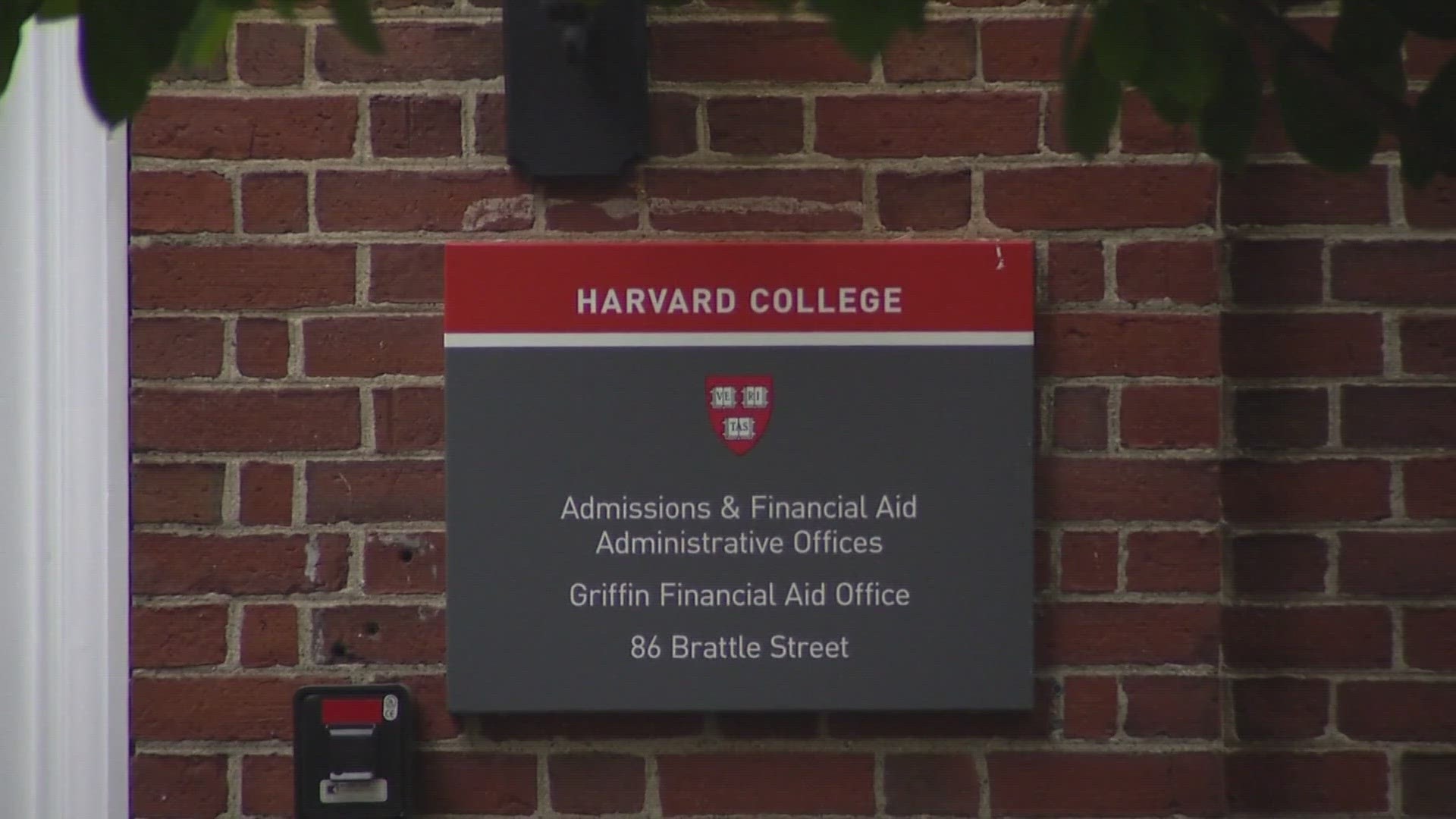
Dear Commons Community,
It’s been called affirmative action for the rich: Harvard’s special admissions treatment for students whose parents are alumni, or whose relatives donated money. And in a complaint filed on Monday, a legal activist group demanded that the federal government put an end to it, arguing that fairness was even more imperative after the Supreme Court last week severely limited race-conscious admissions.
Three Boston-area groups requested that the Education Department review the practice, saying the college’s admissions policies discriminated against Black, Hispanic and Asian applicants, in favor of less qualified white candidates with alumni and donor connections. As reported by The New York Times.
“Why are we rewarding children for privileges and advantages accrued by prior generations?” asked Ivan Espinoza-Madrigal, executive director of Lawyers for Civil Rights, which is handling the case. “Your family’s last name and the size of your bank account are not a measure of merit, and should have no bearing on the college admissions process.”
The complaint comes days after a conservative group, Students for Fair Admissions, won its Supreme Court case. And it adds to accelerating pressure on Harvard and other selective colleges to eliminate special preferences for the children of alumni and donors.
The Office for Civil Rights of the Education Department, which would review the complaint, may already be gearing up to investigate. In a statement after the Supreme Court decision, President Biden said he would ask the department to examine “practices like legacy admissions and other systems that expand privilege instead of opportunity.”
A spokeswoman for Harvard, Nicole Rura, said the school would have no comment on the complaint, but reiterated a statement from last week: “As we said, in the weeks and months ahead, the university will determine how to preserve our essential values, consistent with the court’s new precedent.”
Colleges argue that the practice helps build community and encourages donations, which can be used for financial aid.
Peter Arcidiacono, a Duke University economist who has analyzed Harvard data, found that a typical white legacy applicant’s chances of being admitted increase fivefold over a typical, white non-legacy applicant.
Even so, eliminating legacy preferences at Harvard, the study said, would not offset the loss in diversity if race-conscious admissions were also eliminated.
In its decision on race-conscious admissions, some Supreme Court justices criticized legacy admissions. Justice Neil M. Gorsuch, in an opinion concurring with the court’s majority, took aim at preferences for the children of donors and alumni, saying: “They are no help to applicants who cannot boast of their parents’ good fortune or trips to the alumni tent all their lives. While race-neutral on their face, too, these preferences undoubtedly benefit white and wealthy applicants the most.”
In her dissenting opinion, Justice Sonia Sotomayor referred to legacy admissions, arguing that continuing race-based preferences was only fair in light of the fact that most of the pieces in the admissions puzzle “disfavor underrepresented racial minorities.”
While Colorado adopted a law in 2021 banning legacy admissions in public universities, legislation in Congress and several other states has gained little traction.
A New York bill filed last year was opposed by the state’s private school association, the Commission on Independent Colleges and Universities, which includes highly selective colleges such as Columbia, Cornell and Colgate.
In Connecticut, where lawmakers held a hearing on the issue last year, Yale was among the private schools that came out in opposition. In written testimony, Jeremiah Quinlan, Yale’s dean of undergraduate admissions, called the proposed ban a government intrusion into university affairs.
Selective private universities, in particular, have been slow to eliminate legacies, with M.I.T., Johns Hopkins University and Amherst College among a few elite schools that do not use them.
The complaint to the Education Department was filed by three groups — Chica Project, African Community Economic Development of New England and Greater Boston Latino Network.
For a box score of colleges maintaining legacy admissions, see the College Transitions Network.
Tony








